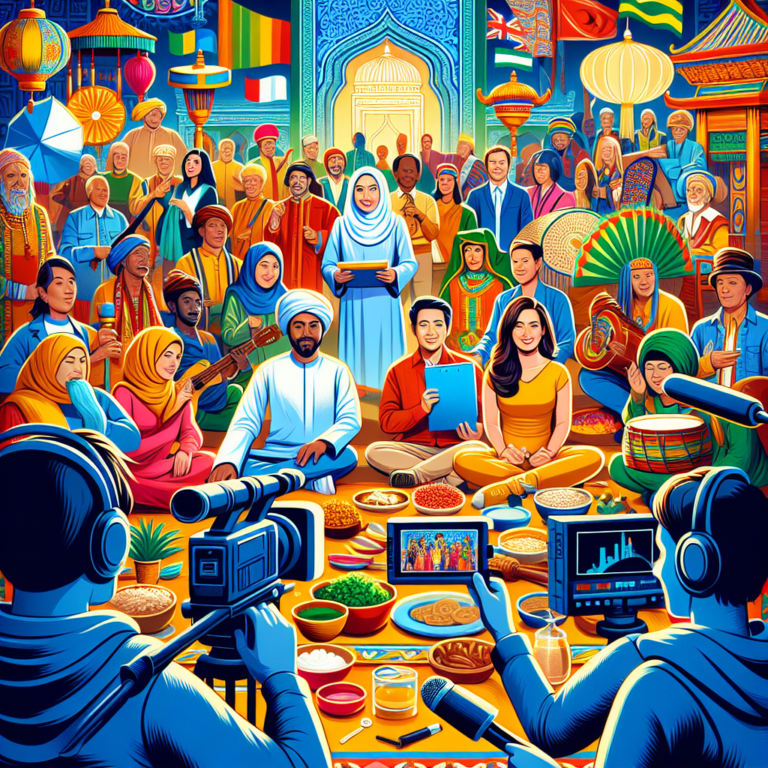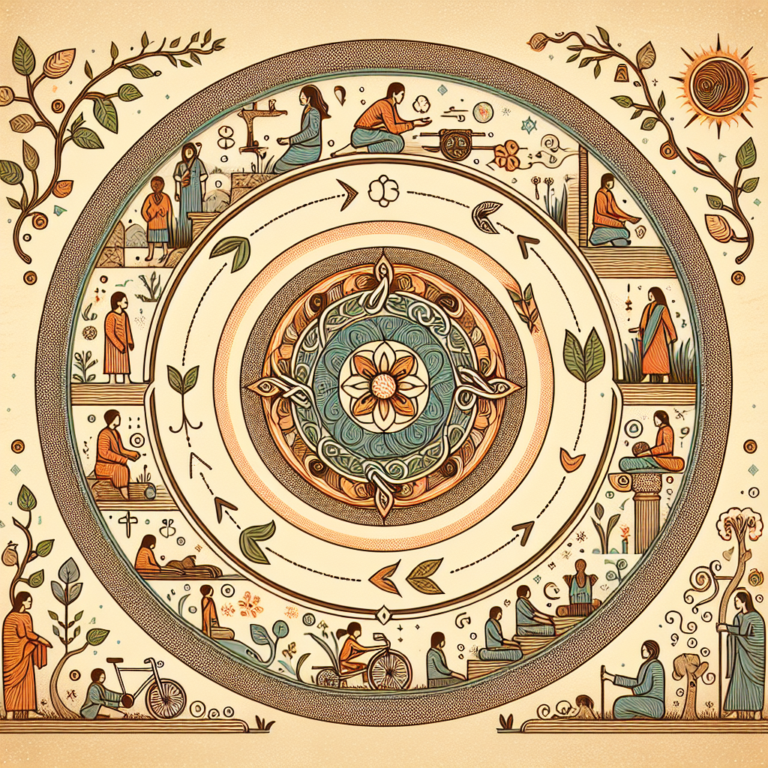The exploration of fate and destiny has enthralled humanity for centuries, inspiring philosophical debates, religious teachings, and artistic expressions. Two concepts frequently intertwined in these discussions are karma and destiny. While often used interchangeably in casual discourse, a deeper analysis reveals distinct yet interconnected meanings. This article delves into the intricate interplay between karma and destiny, shedding light on how these forces shape individual experiences and lives.
Understanding Karma
Karma, originating from Sanskrit, translates to "action" or "deed." In many Eastern philosophies, particularly in Hinduism and Buddhism, karma refers not only to the actions one takes but also to the implications of these actions. The principle of karma operates on the premise that every action has consequences that ripple through time. Essentially, good deeds lead to positive outcomes, while harmful actions result in negative experiences.
In contemporary terms, karma reflects the notion that what we give to the world—be it kindness, deceit, or love—eventually comes back to us in some form. This act of cosmic balance spans beyond a single lifetime and extends into the soul’s journey across various incarnations. Each person’s karma is a unique tapestry woven from their choices, intentions, and circumstances.
Defining Destiny
Destiny, on the other hand, embodies the broader life path and unfolding of events predetermined by cosmic forces or divine plans. It reflects a person’s fate, often perceived as fixed or inevitable. In many cultures and philosophies, destiny suggests a larger narrative that each individual is a part of, driven by universal laws, divine intervention, or the predetermined workings of the universe.
While destiny might seem to negate free will, it often coexists with the choices individuals make. In essence, destiny can be viewed as the potential life experiences that await a person, influenced but not entirely dictated by their karma.
The Interplay Between Karma and Destiny
The relationship between karma and destiny can be likened to a dance— an intricate interplay where one influences the other. As individuals move through life, their actions (karma) contribute to shaping their destiny while also responding to the life circumstances they encounter.
Karma Influences Destiny: The choices a person makes create a ripple effect that not only impacts their immediate situation but also molds their overall life trajectory. Acts of compassion may open new doors, lead to supportive relationships, and cultivate a positive mindset, essentially generating a destiny aligned with the virtues of those actions. Conversely, negative actions may yield a challenging destiny, filled with obstacles and hardships as a natural consequence of one’s actions.
Destiny Shapes Karma: Conversely, the circumstances one inherits at birth—such as socio-economic status, cultural background, and familial relationships—can dictate the available paths for karmic actions. For instance, a person born into a wealthy family may have opportunities to perform charitable deeds that a person from a less privileged background might not have. Thus, while karma encourages personal responsibility, destiny underscores the less controllable aspects of life, indicating that individuals often operate within the confines of their conditions.
Navigating Challenges: Karma provides insights into how a person may respond to the obstacles set forth by their destiny. Those who embrace a positive outlook and respond with resilience are likely to generate good karma, which might help shift their destiny toward brighter outcomes. Alternatively, individuals burdened by negative karma may find their challenges compounded, affecting their ability to see beyond their circumstances and realize their potential.
- Growth and Transformation: Both karma and destiny offer pathways for personal growth and transformation. Struggles and hardships can serve as lessons that foster development and cultivate virtues such as patience, empathy, and gratitude. A person who learns from their experiences and develops insight creates favorable karma, thereby shifting their destiny toward a more positive direction.
Practical Implications of Karma and Destiny
Embracing the interplay between karma and destiny can significantly impact one’s approach to life. By accepting responsibility for their actions, individuals can become agents of change in their lives. This realization fosters mindfulness in daily interactions, encouraging a more intentional way of living. Here are some practical implications:
Mindful Living: Understanding that every action has consequences encourages individuals to act with wisdom and integrity. Living mindfully translates to making thoughtful choices that align with one’s values and aims.
Resilience in Adversity: Recognizing that challenges may stem from past actions (karma) or preordained circumstances (destiny) can provide individuals with a sense of agency. They can choose how to respond to life’s trials, using them as opportunities for growth.
Emphasis on Relationships: The principles of karma advocate for compassion and respect towards others. Understanding that our interactions significantly affect our karma can lead to more meaningful relationships that uplift and support all parties involved.
- Self-Reflection and Learning: Appreciating the role of karma encourages individuals to engage in self-reflection, examining their experiences and learning from mistakes. This process fosters self-awareness and the potential for transformative change.
Conclusion
The interplay between karma and destiny holds profound implications for how we lead our lives. While karma emphasizes the significance of individual actions and choices, destiny beckons acknowledgement of larger forces at play. Together, they form a dynamic framework within which we navigate our existence, growing through experiences while simultaneously shaping our paths forward. Recognizing the relationship between these two concepts inspires us to live with intentionality, resilience, and compassion as we traverse the intricate threads of fate.
FAQs
Q1: Is karma only applicable to negative actions?
A1: No, karma applies to all actions—both positive and negative. Good deeds generate positive karma, while harmful actions lead to negative consequences.
Q2: Can one’s destiny change?
A2: While certain aspects of destiny may seem predetermined, individuals can influence their life path through their actions (karma) and choices. Personal growth and decision-making often lead to shifts in destiny.
Q3: Do all cultures believe in karma and destiny?
A3: While concepts of karma and destiny are prevalent in Eastern philosophies, ideas surrounding fate and personal responsibility exist across cultures in various forms. Their interpretations and significance may vary widely.
Q4: How can I create good karma?
A4: Good karma can be cultivated by engaging in positive actions, including acts of kindness, empathy, and service to others. Living mindfully and honoring commitments also contribute to generating good karma.
Q5: Are karma and destiny linked to spiritual beliefs?
A5: Yes, both concepts often relate to spiritual beliefs and practices. Many philosophies view them as integral parts of the spiritual journey, emphasizing personal growth and the interconnectedness of life.
It seems like you might have forgotten to provide the details for your prompt. Could you please specify what you’re looking for? Whether it’s a creative writing task, a question, or something else, I’d be happy to help!, #Unraveling #Threads #Fate #Interplay #Karma #Destiny, #Unraveling #Threads #Fate #Interplay #Karma #Destiny, 1736311358, unraveling-the-threads-of-fate-the-interplay-between-karma-and-destiny





